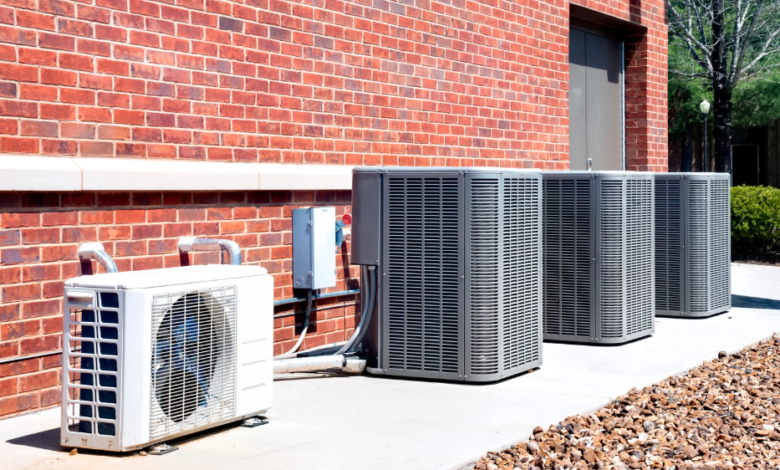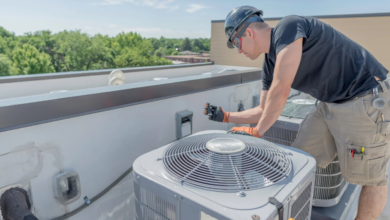Understanding the Importance of Refrigerant Levels in AC Performance

Refrigerant is the lifeblood of your air conditioning system. It plays a critical role in absorbing heat from your indoor space and releasing it outdoors. When refrigerant levels drop, either due to leaks or improper charging, your AC’s ability to cool efficiently diminishes. Beyond poor performance, low refrigerant can lead to mechanical strain and long-term damage. If your system struggles to cool or takes longer to reach the desired temperature, it may be time to check the refrigerant level.
Staying ahead of issues with air conditioner service in Virginia Beach is essential for keeping your home comfortable and your energy bills in check.
How Refrigerant Impacts System Efficiency
The proper refrigerant level ensures optimal pressure inside the coils. When this balance is off, the evaporator coil may freeze, the compressor may overheat, and your energy usage will spike. Over time, this can lead to more frequent breakdowns or even the complete failure of your AC unit.
In many cases, low refrigerant levels are the result of gradual leaks, which can go unnoticed for months. While routine maintenance helps detect these early, homeowners often realize there’s a problem only when comfort drops noticeably. Indicators like reduced cooling power or odd hissing noises can be among the signs your AC needs freon, making professional assessment vital before damage escalates.
See also: Why Should I Hire a Landscape Architect for My Outdoor Space?
Why Professional Assessment Is Essential
Technicians use tools like gauges and thermometers to diagnose refrigerant issues accurately. They not only check for leaks but also ensure that the system is recharged with the correct amount of refrigerant, neither too much nor too little. This precision is something only licensed professionals can provide, and it’s critical for the longevity of your system.
Another issue linked with poor refrigerant management is internal wear and tear. When levels are low, the system overcompensates, causing strain on the compressor, which is one of the most expensive components to replace.
Aside from cooling inefficiency, ignoring small AC issues can lead to big expenses by accelerating wear on your system. What begins as a minor leak or pressure imbalance could spiral into major repairs or even full replacement.
Preventive Maintenance and Long-Term Value
The best defense against refrigerant-related problems is regular preventive maintenance. During seasonal tune-ups, professionals check refrigerant levels and inspect components for early signs of leaks or corrosion. This proactive approach minimizes the risk of failure during peak usage.
It’s also worth noting that refrigerant type matters. Older systems using phased-out refrigerants may be more prone to inefficiencies and harder to service. Upgrading or retrofitting these units should be discussed with your technician.
Conclusion
Understanding the role of refrigerant in AC performance highlights the importance of early detection and professional intervention. It’s not just about comfort, balanced refrigerant levels protect your system, reduce energy waste, and help avoid high repair bills. Regular assessments from skilled technicians ensure your unit runs as it should, season after season. Neglecting these checks could mean rising energy bills, sudden failures, or costly replacements. Investing in timely inspections and professional services not only extends the life of your system but also preserves the comfort of your home throughout the hottest months.





